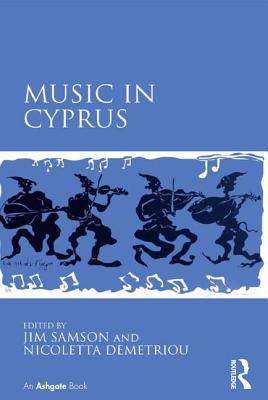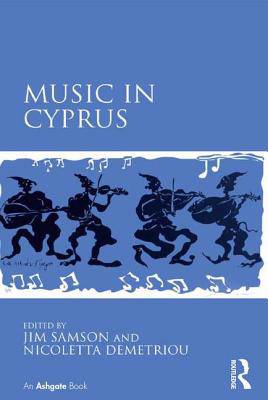
- Afhalen na 1 uur in een winkel met voorraad
- Gratis thuislevering in België vanaf € 30
- Ruim aanbod met 7 miljoen producten
- Afhalen na 1 uur in een winkel met voorraad
- Gratis thuislevering in België vanaf € 30
- Ruim aanbod met 7 miljoen producten
Zoeken
Omschrijving
This edited collection draws its authors from both sides of the island to give a rounded picture of musical culture from the beginning of the British colonial period until today. The authors consider: what is the role of different musics in defining national, regional, social and cultural identities in Cyprus; how do Cypriot alterities illuminate European projects of modernity; what has been the impact of westernization and modernization (and, conversely, of orientalization) on music in Cyprus? The book will be of interest to academics working in historical musicology, ethnomusicology, and the history and anthropology of Cyprus and of the entire Greek-Anatolian region.
Specificaties
Betrokkenen
- Auteur(s):
- Uitgeverij:
Inhoud
- Aantal bladzijden:
- 220
- Taal:
- Engels
Eigenschappen
- Productcode (EAN):
- 9781409465737
- Verschijningsdatum:
- 28/09/2015
- Uitvoering:
- Hardcover
- Formaat:
- Genaaid
- Afmetingen:
- 156 mm x 234 mm
- Gewicht:
- 489 g

Alleen bij Standaard Boekhandel
+ 610 punten op je klantenkaart van Standaard Boekhandel
Beoordelingen
We publiceren alleen reviews die voldoen aan de voorwaarden voor reviews. Bekijk onze voorwaarden voor reviews.








